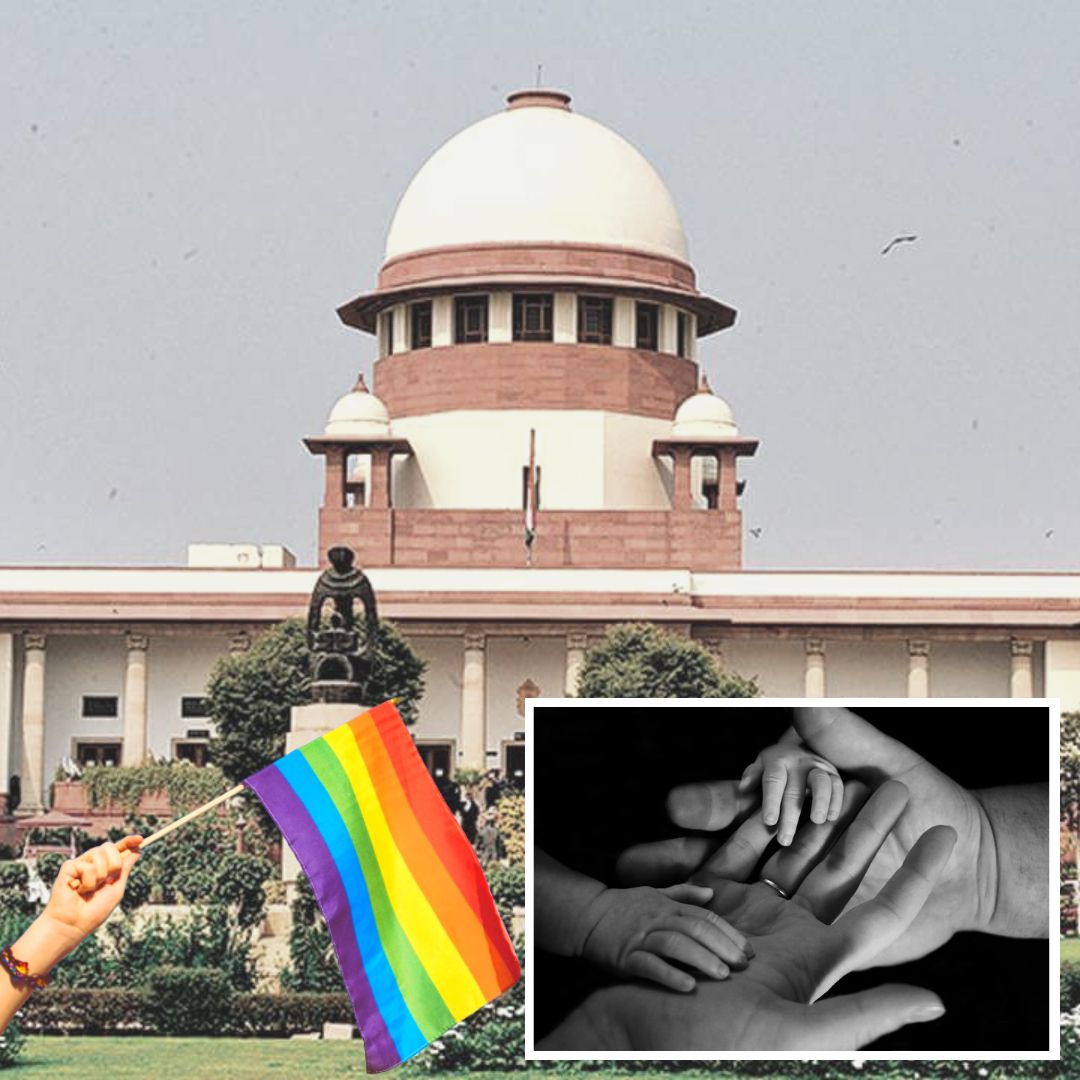Family May Take Form Of Domestic, Unmarried Partnership Or Queer Relationships; Observes SC
Writer: Shiva Chaudhary
A post-graduate in Journalism and Mass Communication with relevant skills, specialising in content editing & writing. I believe in the precise dissemination of information based on facts to the public.
India, 29 Aug 2022 8:46 AM GMT
Editor : Snehadri Sarkar |
While he is a massive sports fanatic, his interest also lies in mainstream news and nitpicking trending and less talked about everyday issues.
Creatives : Shiva Chaudhary
A post-graduate in Journalism and Mass Communication with relevant skills, specialising in content editing & writing. I believe in the precise dissemination of information based on facts to the public.
The SC observations are noteworthy as activists have been raising the issue of recognising LGBT marriages and civil unions and also allowing live-in partners to adopt post the top court decriminalised homosexuality in 2018.
The Supreme Court on Sunday observed that "familial relationships may take the form of domestic, unmarried partnerships or queer relationships" while highlighting that an "atypical" embodiment of a family unit is just as genuine as its conventional counterpart and deserves protection under the legislation.
The prevailing interpretation of the concept of a "family" both in society and under the law states, "it consists of a single, unchanging unit with a mother and a father and their children".
Supreme Court's Verdict
A bench led by Justices DY Chandrachud and AS Bopanna stated in a verdict uploaded on August 28, "This assumption ignores both, the many circumstances which may lead to a change in one's familial structure, and the fact that many families do not conform to this expectation, to begin with. Familial relationships may take the form of domestic, unmarried partnerships or queer relationships," quoted NDTV.
The SC observations are noteworthy as activists have been raising the issue of recognising LGBT marriages and civil unions and also allowing live-in partners to adopt post the top court decriminalised homosexuality in 2018.
What Was The Case?
The Supreme Court made the remarks in its ruling that a working woman could not be refused her statutory right to maternity leave for her biological child on the grounds that her husband has two offspring from his last marriage and she had availed the leave to take care of one of them.
The bench noted that a household might be a single-parent household for several reasons, including separation, divorce or the death of a spouse. Similarly, the guardians and caretakers (who traditionally inhabit the roles of the "mother" and the "father") of kids may change with remarriage, adoption, or fostering.
Also Read: Monsoon Floods Wreak Havoc In Pakistan As Death Toll Crosses 1000, 'Very High' Level Warning Issued
 All section
All section















